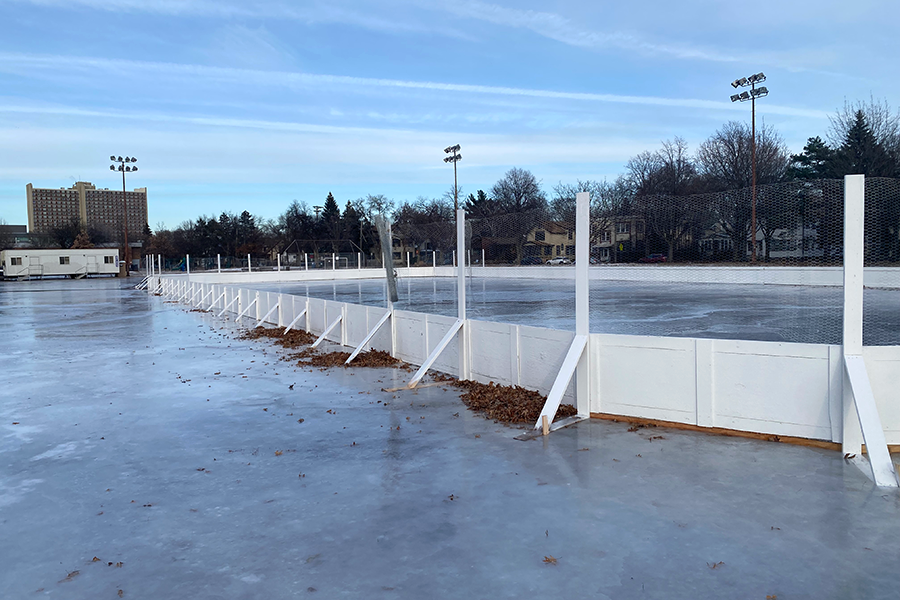High school athletic programs send students the wrong message
December 11, 2013
Recently, I saw a twitter petition protesting homework being required of student athletes. It stated, “athletes should receive less to no homework, compared to classmates that do not participate in sports.” This tweet received 22,879 retweets. This mindset is born from the common idea that athletics are equally important as, or even more important than, a good education; an idea that seems to be supported by High Schools when they prioritize athletics time and time again.
According to The Atlantic Magazine, “The United States routinely spends more tax dollars per high-school athlete than per high-school math student.”
Here in Minnesota, both Minnetonka and St. Louis Park high schools spent over 4 million dollars on field renovations for their high school sports teams recently, according to the Star Tribune. While in January of this year, the federal government took away 4.1 billion dollars away from federal education funding. This is the largest education defunding in the history of our country. Many schools have had to cut education programs and teachers in order to stay afloat. Why are schools spending coveted taxpayer money to support athletics around when education is diminishing? This comes from a more deep rooted problem in America.
In the US, not only are high school sports and their athletes featured in newspapers and on television news, but they are also the focus of television series and movies. In countries that lead the world in education, like South Korea, the focus is more on academics and less on sports. American culture, on the other hand, influences students to believe that sports come first and academics seconds.
It is too often that kids in Minneapolis decide that a school is good or bad because of its athletic achievements. Some athletes even base their decision on what school to attend based on sports teams’ reputations at the high school.
If high schools didn’t spend as much money on athletics and spent more money on education, maybe students would get more out of the public school system. The money could be spent elsewhere, for instance on replacing outdated textbooks found in many classrooms at South.
Some say that if athletics were cut there wouldn’t be an opportunity for kids to play sports. There are alternative options for students who want to play sports. Most offer financial aid. For almost every sport, there is a club alternative in Minneapolis. If kids want to play a sport they can sign up for any of these clubs.
Aside from sparing government funds, there are other advantages to club sports. Clubs can offer a better range of competitiveness and intensity. Some even offer traveling teams that enable athletes to travel across the country and be seen by college coaches. Other club teams ask for less commitment from players who do not want to spend huge amounts of time playing soccer.
Junior Ava Skrade, a captain for the 2015 women’s soccer team at South, describes club soccer as, “Its a really good bonding experience while it helps me improve my skills a lot . . . it’s a lot more serious [than high school soccer].”
Since there are alternative options for student athletes, schools should spend their money on academics. By funding athletics over other educational programs, schools send a message to students that sports are a higher priority than education. This needs to change.





